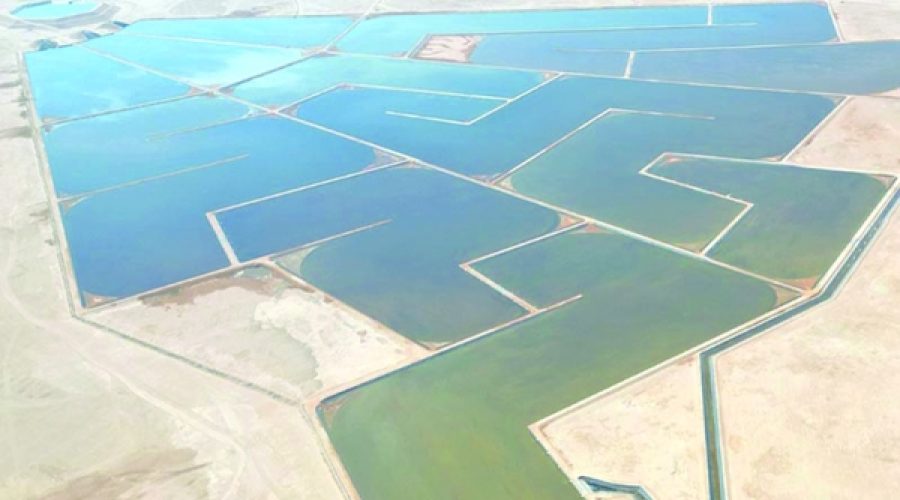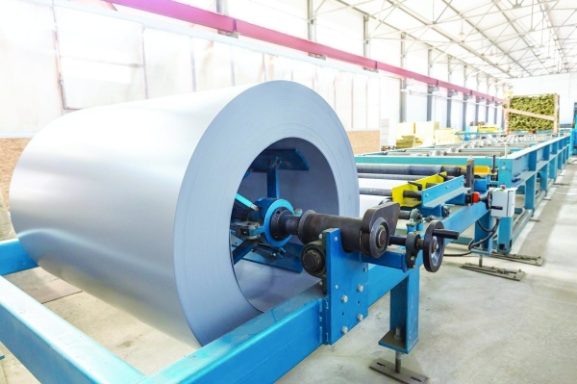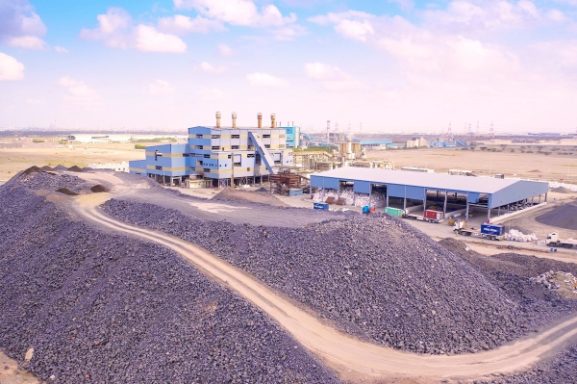PDO Seeks Markets for Treated Produced Water: Key Business Opportunities for Investors in Oman
MUSCAT, NOV 16 — Petroleum Development Oman (PDO), the Sultanate’s largest oil and gas producer, has taken a pioneering step to create value from the enormous volumes of produced water generated by its daily oilfield operations. The company has invited interested firms to register their interest in utilizing treated produced water for agricultural, industrial, and other commercial applications.
PDO, which is majority state-owned, currently produces approximately 948,600 cubic meters of produced water daily—this highly saline, oil-contaminated water emerges alongside crude oil. This volume is equivalent to filling about 380 Olympic-sized swimming pools every day and is expected to increase to 1.4 million cubic meters per day (around 560 Olympic-sized pools) by 2030.
To manage these vast quantities sustainably and maximize their value within Oman, PDO plans to invite local and international companies to submit techno-commercial proposals for the use of treated water from two major treatment facilities located at Nimr and Rima within its concession area. As an initial step, interested parties must prequalify by submitting their expressions of interest no later than December 21, 2025.
The Nimr Wetlands, established in 2010, are among the world’s largest constructed wetlands for treating produced water, with a current capacity of about 175,000 cubic meters per day. The Rima Water Treatment Plant has a treatment capacity of up to 65,000 cubic meters per day.
At both plants, produced water undergoes a multi-stage treatment process. First, oil is separated from the water, which then passes through extensive reed bed wetlands where plants and microbes naturally break down remaining contaminants. The partially treated water proceeds to evaporation ponds that concentrate and reduce the volume further. In some cases, an additional polishing step enhances water quality. This comprehensive system effectively removes the majority of oil, producing treated water that is suitable for various beneficial uses.
Recently, PDO has intensified efforts to identify market-driven solutions for expanding the beneficial reuse of treated produced water across sectors such as agriculture, wetland development, biodiversity enhancement, and other industrial, commercial, and mineral extraction activities.
At Nimr, a portion of treated water has been successfully used to irrigate crops like cotton, Ricinus (castor), and jojoba, which yield valuable downstream products such as biological oils for further processing. Native tree species such as eucalyptus are also thriving, indicating strong potential for scaling up agricultural operations in the area.
In addition, projects focused on extracting salts and minerals from the water have been pursued. Noteworthy initiatives include the Fahud Salt Making Project, the Qarn Alam Steam Hypersaline Project, and the use of surface water to support plantation schemes.
Several Omani start-ups, alongside international companies, are exploring opportunities to produce biofuels and Sustainable Aviation Fuel (SAF) by cultivating select crops irrigated with treated produced water.
Another promising application involves supporting Oman’s 10-million-tree initiative and furthering carbon credit projects, especially in desert regions where water scarcity limits irrigation efforts. These endeavors align closely with PDO’s sustainability strategy, the Environment Authority’s goals to enhance greening, and Oman’s overall net-zero emissions target.
This initiative highlights PDO’s commitment to sustainable resource management and innovative value creation from by-products of its oil and gas operations, contributing to the country’s environmental and economic objectives.
Special Analysis by Omanet | Navigate Oman’s Market
Petroleum Development Oman’s initiative to repurpose vast volumes of treated produced water creates significant opportunities for sustainable agriculture, biodiversity projects, and industrial uses, positioning Oman as a leader in innovative water management. Smart investors and entrepreneurs should focus on emerging sectors like biofuels, mineral extraction, and carbon-credit projects, leveraging PDO’s infrastructure and national sustainability goals to tap into growing green economy trends. However, businesses must navigate technical and regulatory complexities to maximize these high-impact environmental and commercial prospects.



